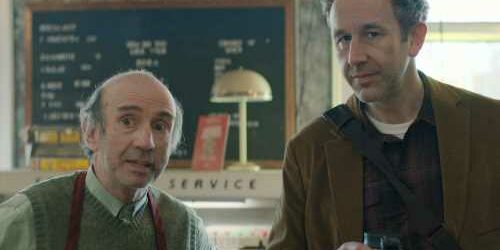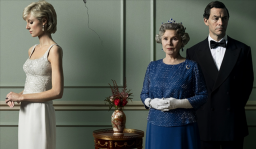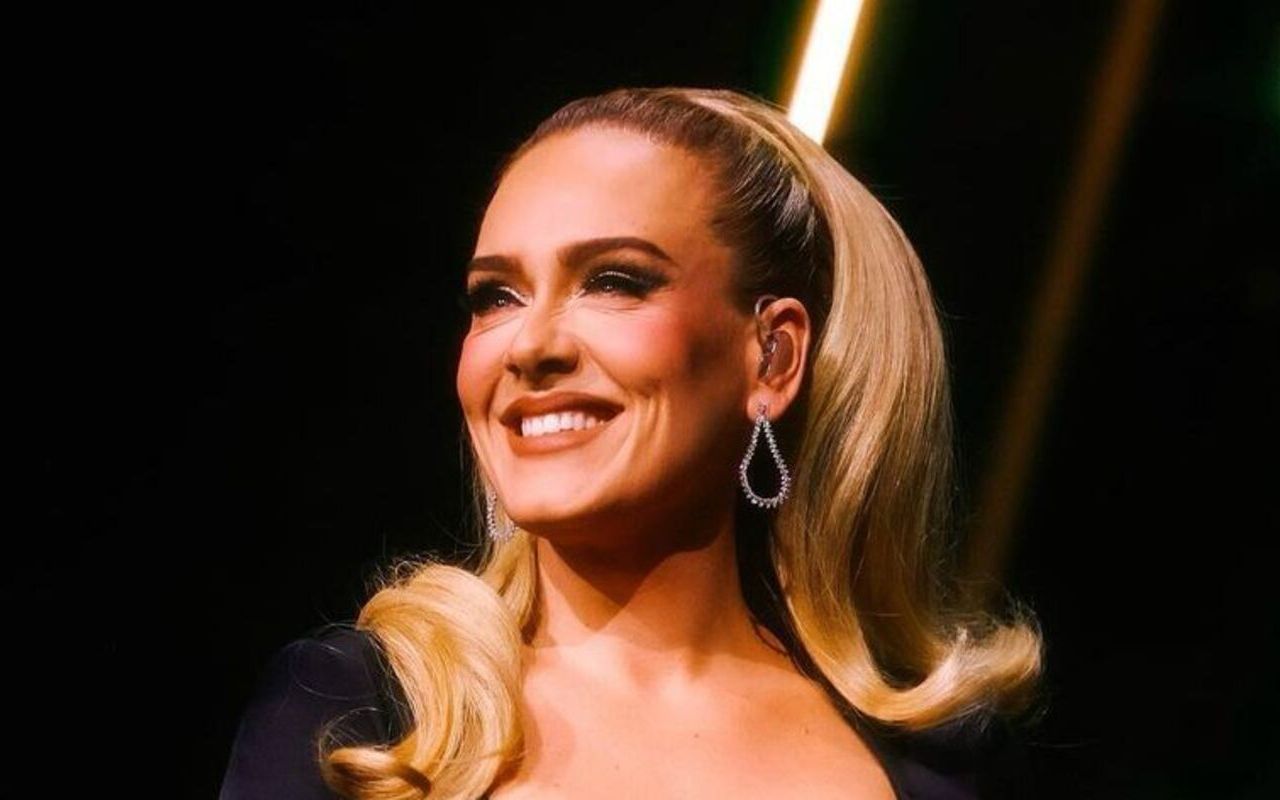Is knowledge power, or is ignorance bliss? That central question drives Apple TV+’s “The Big Door Prize” through its first 10 episodes — although if you’re expecting a concrete answer, you may be disappointed.
When the half-hour(ish) comedy debuts its first three episodes on March 29, it presents the residents of a small American town called Deerfield grappling with that very problem. A mysterious machine called the Morpho has landed in the town store, promising to reveal everyone’s life potential in exchange for a couple of bucks, fingerprints and social security numbers.
Although no one knows where the machine came from, the residents are (mostly) happy to line up for their personalized cards, which range from dancer to royalty to meteorologist. And that’s when the existential crises begin. Although most residents are delighted when their innermost selves come to light on these cards, other answers are ambiguous and — in some cases — demoralizing.
As more residents uncover and share their life potentials, it creates a hierarchy, and causes some of the adults to completely pivot from their current paths. They quit jobs, throw relationships away and question whether they were ever truly happy in the first place. The teens in this story, meanwhile, are quicker to shrug off their potentials, knowing they still have plenty of life decisions and pivots ahead of them.
It’s an interesting comparison of generations, but it also leads to honest conversations about the pressure to succeed, the dangers of settling and flexibility in the pursuit of dreams. The show is careful never to answer those questions, mind you, but it presents these topics and allows viewers to walk away with their own interpretations.
The series uses M.O. Walsh’s novel as a launch point, but settles into a mix of sci-fi, philosophy and small-town comedy as the episodes unroll. Former “Schitt’s Creek” writer David West Read helms the adaptation, and his experience with quirky small-town characters certainly comes through. The premiere opens on the 40th birthday of Deerfield resident Dusty (Chris O’Dowd). From there, the show expands to explore other town residents, with one new revealed potential at the center of each episode.
That format allows viewers a more nuanced and sometimes sympathetic portrait of the town’s characters. That’s particularly true for local restaurant owner and former NHL star Giorgio (Josh Segarra), who come across as a cartoon villain in early episodes but experiences the most growth by season’s end. The Beau Kovac (Aaron Roman Weiner) episode, meanwhile, is a beautiful exploration of a man waking up from life and realizing what he has around him. And the Father Rueben (Damon Gupton) episode leads to heartbreaking questions of faith and perseverance when all is lost.
Through it all, Dusty and his wife Cass (Gabrielle Dennis) remain anchors, as they begin to question their relationship and happiness, all while dealing with a teen daughter (Djouliet Amara) who is working through trauma of her own. By Episode 10, you have a strong understanding of the heart within the town, but you’re also rooting for this family to figure their stuff out.
In a small town where people usually know one another’s business, “The Big Door Prize” takes the concept one step further by revealing people’s most hidden selves for everyone to see — and the result is an engaging show with big heart. It takes a beat to get into the unique tone of the series, and to accept the magical realism that stops by now and again. But by the end you do care about what happens to these people. In fact, you’ll probably be left wanting more.
“The Big Door Prize” debuts March 29 with three episodes on Apple TV+.
Read More About:
Source: Read Full Article


